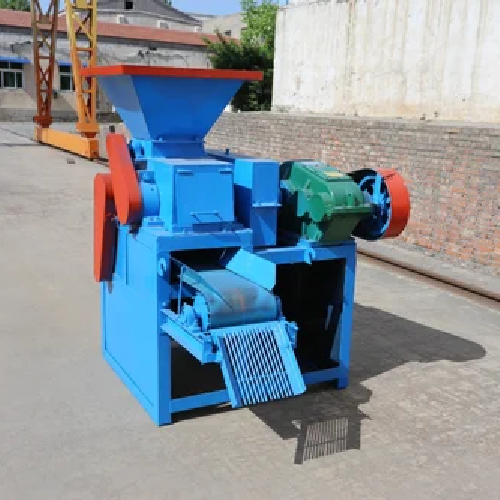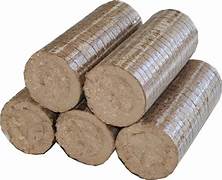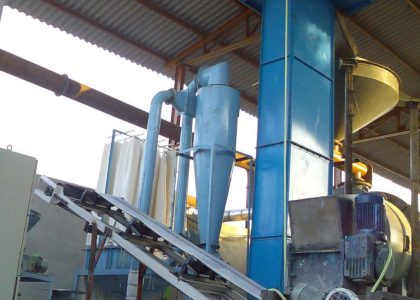Delhi, one of India’s fastest-growing metropolitan cities, faces critical challenges such as pollution, waste management, and energy demand. As a result, many are now turning to sustainable alternatives. One such innovation making a significant impact is the briquette-making machine. These machines are gaining popularity across the region for their ability to convert waste into usable, clean-burning fuel.
What is a Briquette Making Machine?
A briquette making machine is a mechanical press that transforms agricultural and industrial waste into compact fuel blocks called briquettes. These briquettes are often used as a replacement for coal, wood, and other non-renewable fuels. The machine applies pressure to compress materials like sawdust, paper, rice husks, and straw into uniform shapes, making them easy to store, transport, and use.
Why Delhi Needs Briquetting Technology
Delhi generates thousands of tons of waste every day, much of which comes from agriculture, households, and small-scale industries. Improper disposal of this waste contributes to air pollution, landfills, and environmental degradation. Briquette making machines offer a viable and eco-friendly solution by:
- Reducing waste accumulation.
- Minimizing open burning of crop residue.
- Lowering greenhouse gas emissions.
- Promoting clean, renewable energy.
Types of Briquette Making Machines
- Manual Machines
To begin with, manual briquette machines represent the most cost-effective option. Typically, small-scale users favor these machines because they require only basic tools and hands-on operation. As a result, they work well for individuals or communities looking to transform waste into fuel without making large investments. - Semi-Automatic Machines
Moving on, semi-automatic machines offer a middle ground between manual labor and mechanical automation. In this case, the operator feeds the material and monitors the process, while the machine performs most of the compression. Therefore, these machines are ideal for medium-sized operations aiming to increase productivity without switching to full automation.
Conclusion
The rise of briquette making machines in Delhi marks a major step toward cleaner and more sustainable energy practices. With air pollution, waste management, and fuel costs being ongoing challenges, briquetting provides a solution that addresses all three.
By converting agricultural, industrial, and domestic waste into usable fuel, these machines not only reduce environmental impact but also generate local employment and promote energy self-sufficiency. Whether for a small rural setup or a commercial operation, briquette production is an eco-friendly alternative that turns waste into a valuable energy resource.





